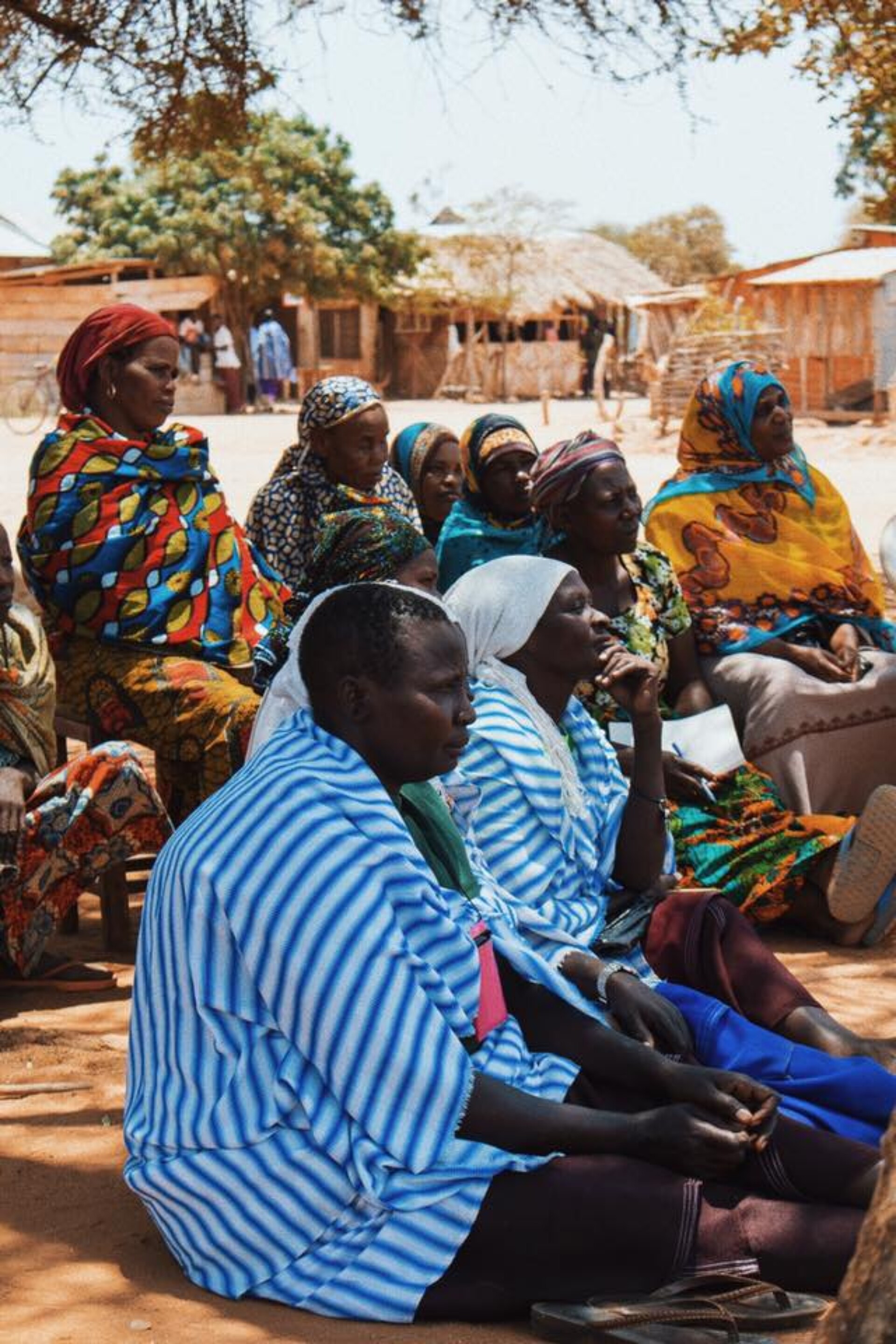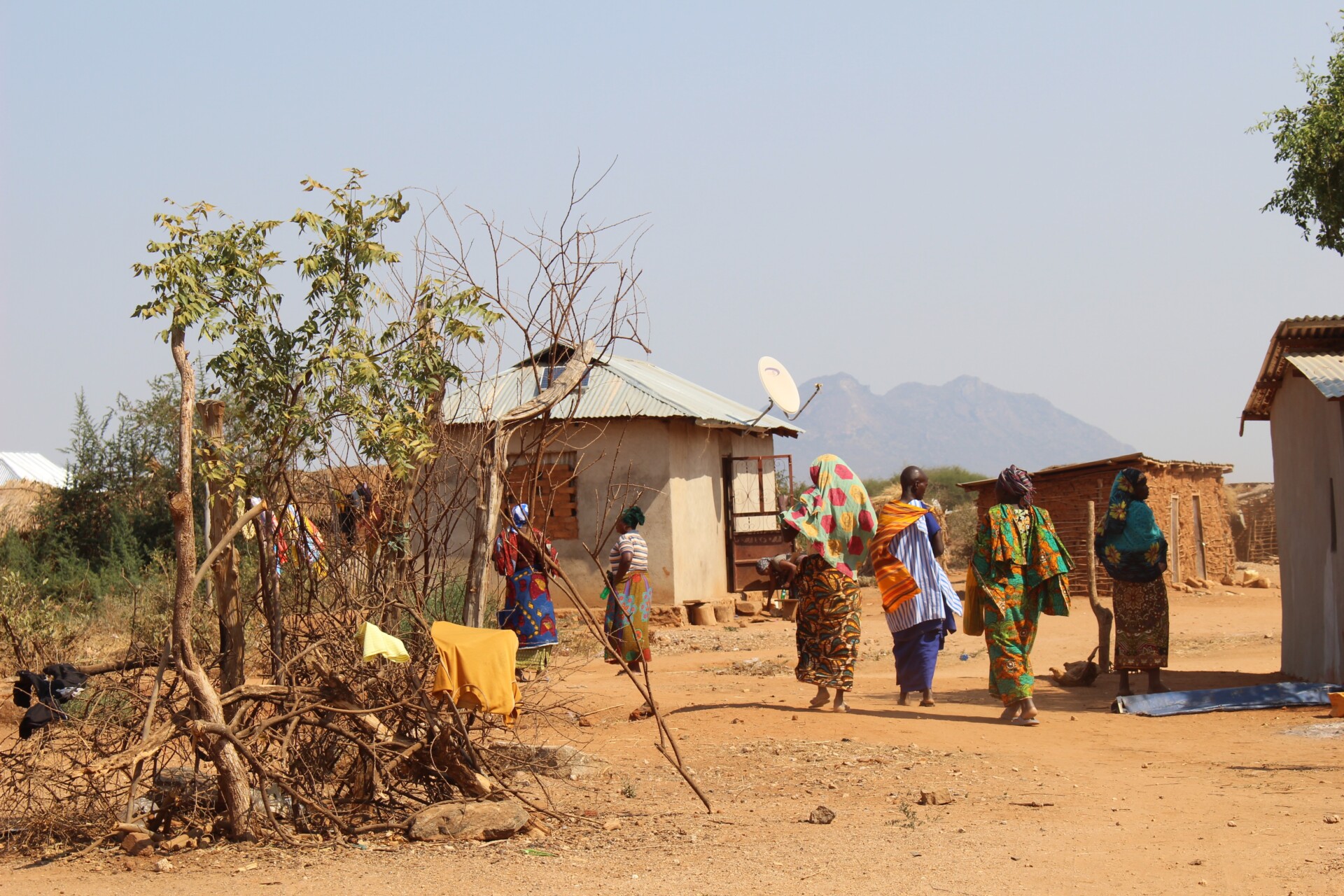
Cultural Differences: Land vs Livestock
During one of our field trainings (topic: group strengthening), one of my colleagues spoke to me about the way culture plays a crucial role in agriculture. Land conflict arises over cultural differences, in some cases, these conflicts result in death. The village we had visited was home to both Pare and Maasai.
Owning land is one of the dominant practices amongst the Pare. The land is passed down from generation to generation, however, the owners of the land are passed down to male family members only. Their land is precisely located on the Pare mountains (Mwanga and Same districts) and the mountains where the land surrounds itself is what represents the identity of the Pare people.
Livestock, specifically cows, are one of the most sacred and long kept traditions of the Maasai. I was told one Maasai man owns over 5,000 cows. Only men can own cows. Cows represent prestige, power, and purchasing power over women. The more cows you owned, the more people respected you. The greater number of cows meant you are more likely to be elected village leader. Cows represent currency, thus, the more cows the more wives a man can purchase.
A young Maasai man around the age of 26 offered 50 cows for my hand in marriage. I kindly declined.
In the West, many would take this to offence as women should not be purchased into marriage. Though in Canada, are women being subscribed into marriage when their partner purchases a $3,000 ring? I write this to make you think about the way cultures are different, yet, similar. Here is where I am trying to get at—although the traditions of marriage are different between the West and the Maasai, both cultures use a symbolic token to represent obtaining a wife. Both the ring and the cow are marriage currencies–currencies that are valued at a high degree.
These currencies are symbolic tokens in which are sacred and if these tokens are damaged, lost, or stolen, it means that the person has had a part of their identity removed from them.
The dispute between the Pare farmer and a male Maasai was due to land being damaged by livestock. A few cows had destroyed a section of the maize grown on the farmer’s land. In retribution, the farmer killed one cow. Then, violence escalated and the farmer was killed.
This shows the value symbolic tokens hold between different cultures. The item, land, animal or person we value are different, but the deep cultural meaning behind these remain the same with all cultures–we value them.
I ask you to reserve your judgements and biases because we are all human. As humans, we must understand the complexities of cultural difference. First, lets understand where people come from, whether it is from long traditional holdings, life experiences, or the environment they have been raised in. To move forward from violence, we must first comprehend the history behind each others values.
Here is an effort for conflict resolution between farmers and pastoralists in the Iringa region of Tanzania.


